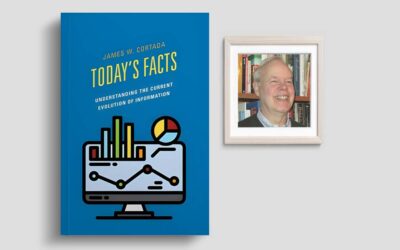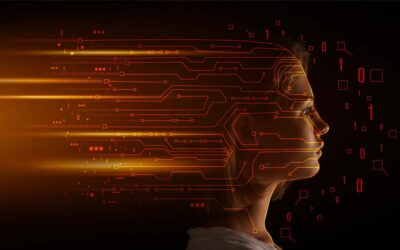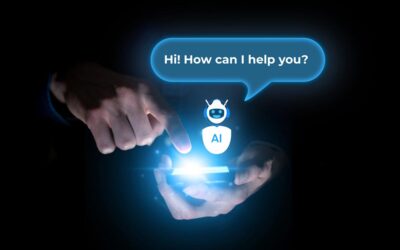Librarians and the Spacing Effect: How to Study for Retention
Lauren Hays
In previous posts, I have written about retrieval practice and interleaving. In this post, I want to share a related concept from cognitive psychology called the spacing effect.
“The spacing effect refers to the finding that long-term memory is enhanced when learning events are spaced apart in time, rather than massed in immediate succession (see Ebbinghaus, 1885/1964, for the first study on the spacing effect)” (Vlach & Sandhofer, 2013, para, 2).
In other words, we learn more when we spread out our learning instead of trying to cram for a test the night before. Now, you may be able to recall much of what you studied during an all-night study session for an exam; however, research has shown that the information does not frequently make its way into long-term memory. Instead, for learning to be retained for an extended period of time, we also need to study it over an extended period of time.
Companies have already capitalized on this in their advertising. As is described in a post from The Decision Lab (2021), companies space out their advertisements so that we remember them. They do not play the same ad back to back during one commercial break. Instead, they play the advertisement during multiple commercial breaks.
The spacing effect can be used for vocabulary, images, computer processes, and anything else you (or others) need to learn.
So what does this look like in libraries? The spacing effect has a few practical examples for use in libraries:
- Provide opportunities for stakeholders to revisit content. This can be done through tutorials, or a central repository of documents such as SharePoint.
- Encourage the use of the spacing effect with stakeholders who may be studying for a licensure exam, graduate degree, etc.
- Work with new hires over an extended period of time and do not expect them to remember everything from one onboarding session.
- Use the spacing effect yourself to learn new skills and information.
I hope you find ways to implement the spacing effect in your own work. Librarians are in the knowledge business, and that means we should know how to learn.
Additional resource:
Farnam Street Media. (2021). The spacing effect: How to improve learning and maximize retention. https://fs.blog/2018/12/spacing-effect/
References
The Decision Lab. (2021). Why do we retrain information better when we learn it over a long period of time? https://thedecisionlab.com/biases/spacing-effect/
Vlach, H. A., & Sandhofer, C. M. (2012). Distributing learning over time: The spacing effect in children’s acquisition and generalization of science concepts. Child development, 83(4), 1137-1144.
Lauren Hays
Lauren Hays, PhD, is an Assistant Professor of Instructional Technology at the University of Central Missouri, and a frequent speaker on topics related to libraries and librarianship. Her professional interests include information literacy, educational technology, library and information science education, teacher identity, and academic development. Please read Lauren’s other posts about skills for special librarians. And take a look at Lucidea’s powerful integrated library systems, SydneyEnterprise, and GeniePlus, used daily by innovative special librarians in libraries of all types, sizes and budgets.
Similar Posts
The Importance of Professional Networking: Tips for Special Librarians
For many special librarians, the idea of professional networking can feel daunting, especially for those who thrive in quiet, research-driven environments. Lauren Hays shares her journey from reluctant networker to engaged community member, offering practical tips to help you build authentic professional relationships that benefit both you and your field.
Interview with the Author: Jim Cortada on Today’s Facts and the Evolution of Information
Dr. James Cortada, historian and senior research fellow at the Charles Babbage Institute, explores the history of information in his forthcoming book. By examining how information has been created, organized, and used over time, Cortada reveals patterns that continue to shape modern librarianship and knowledge management.
The Complicated Feelings Librarians May Have About AI
GenAI will affect how we do our work and the type(s) of work we engage in. In navigating the transformative potential of GenAI, we should engage in reflective practice that centers on our core professional values.
Recommended AI Literacy Frameworks for Special Librarians
These frameworks provide insights and approaches to help you determine the best ways to address build and promote AI literacy in your specific context.




Leave a Comment
Comments are reviewed and must adhere to our comments policy.
0 Comments